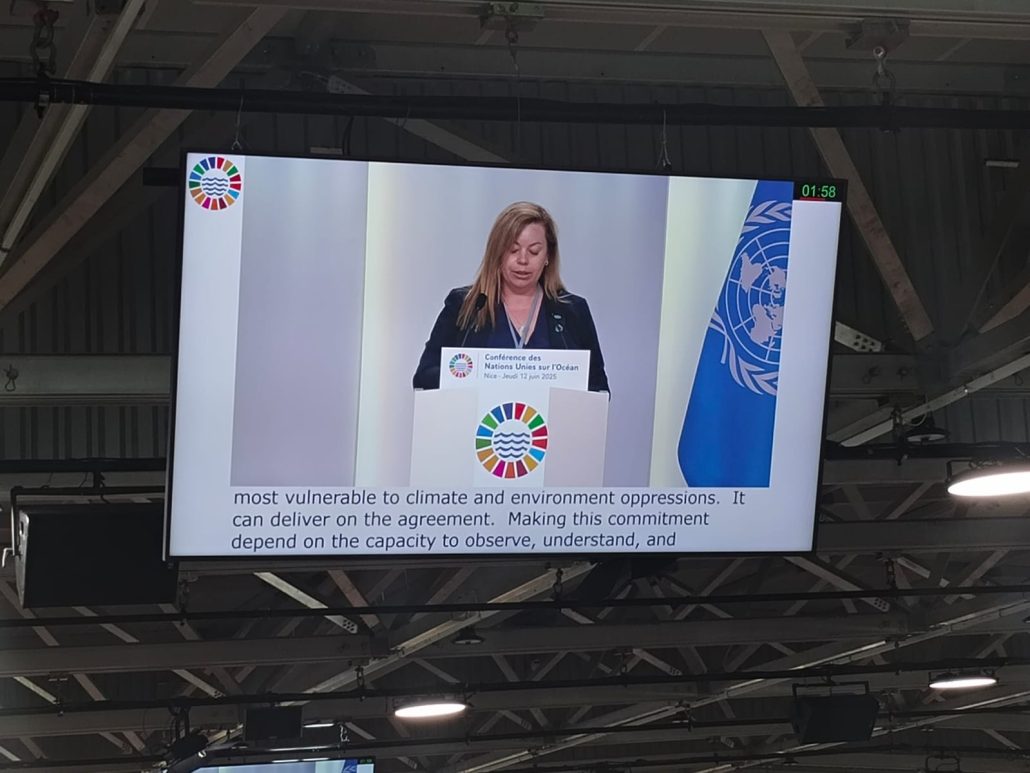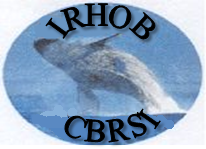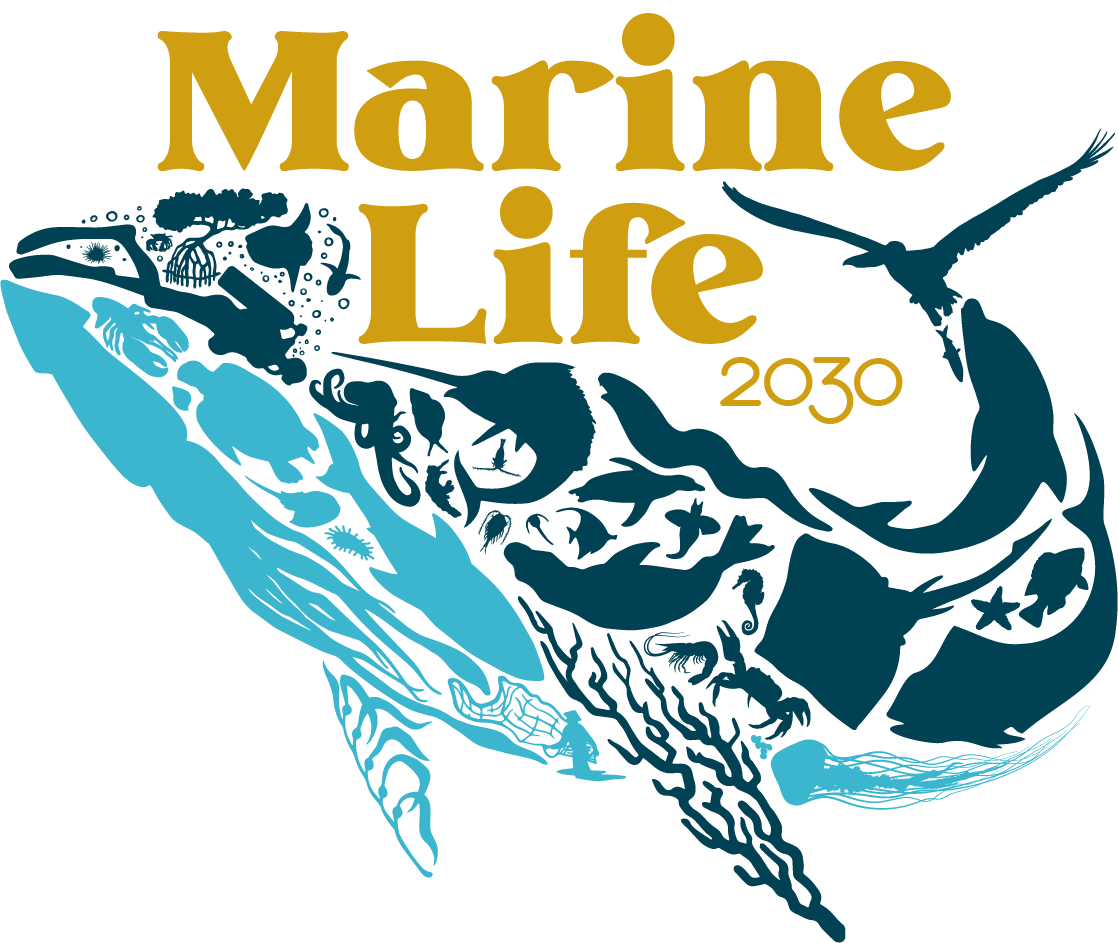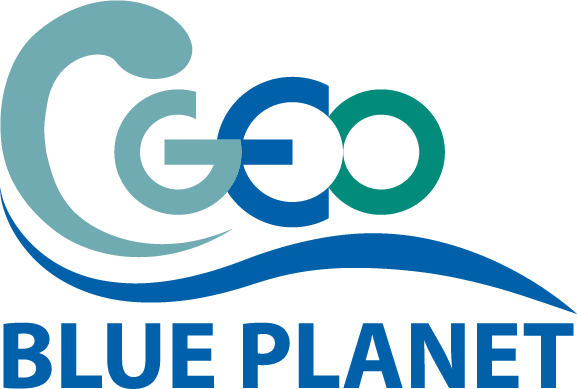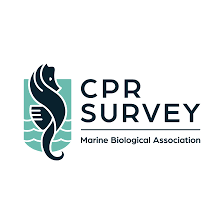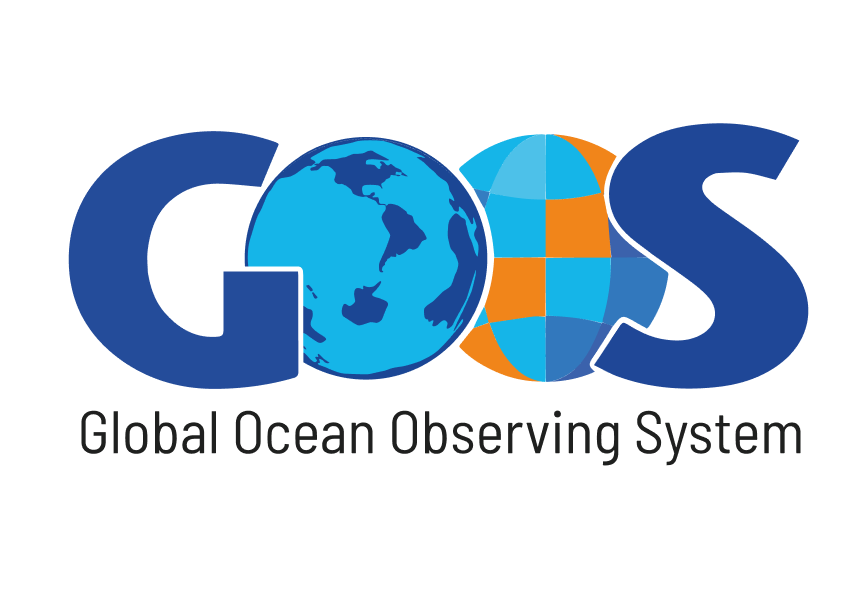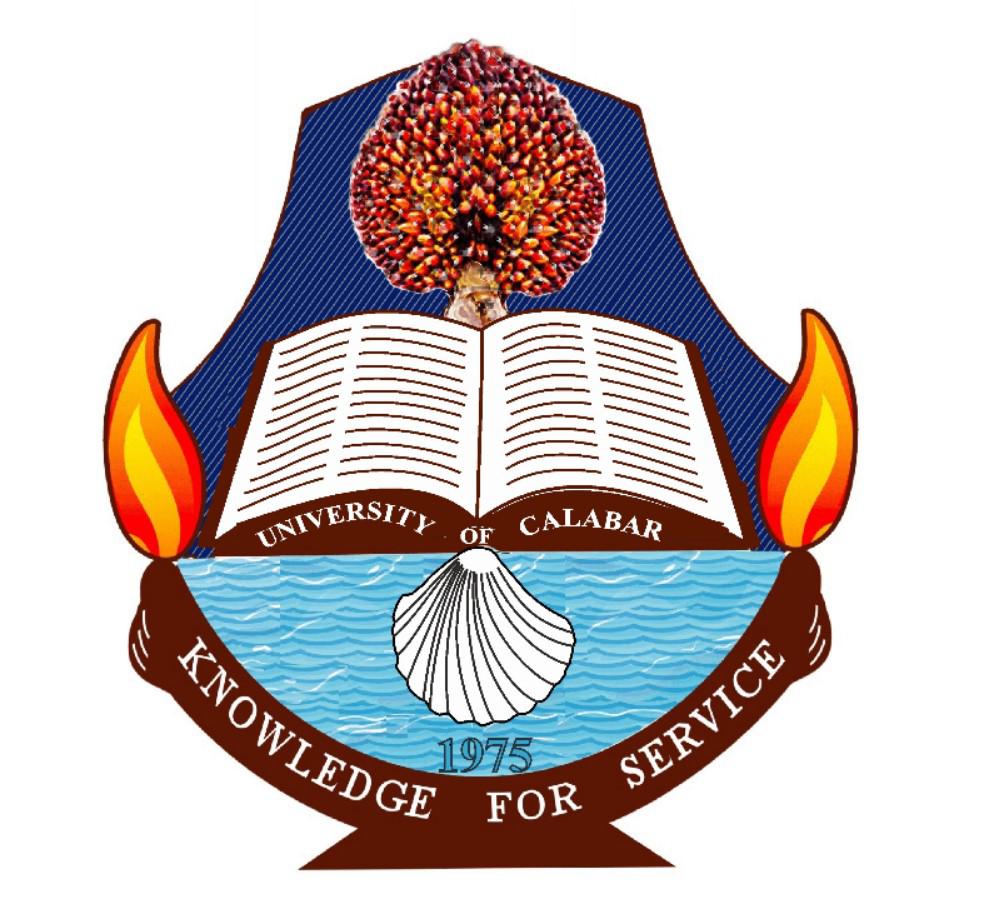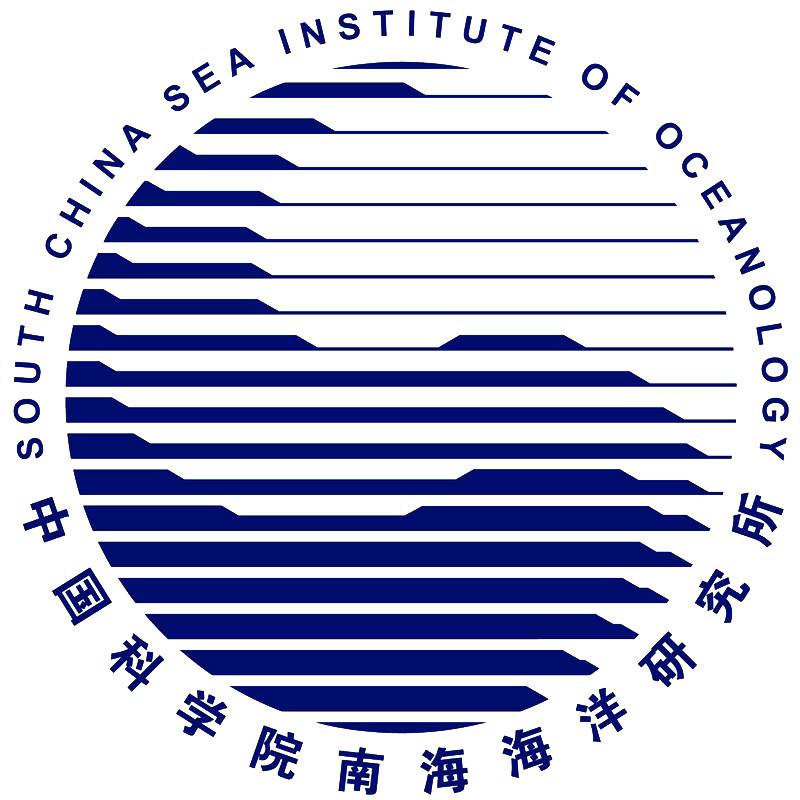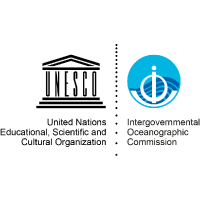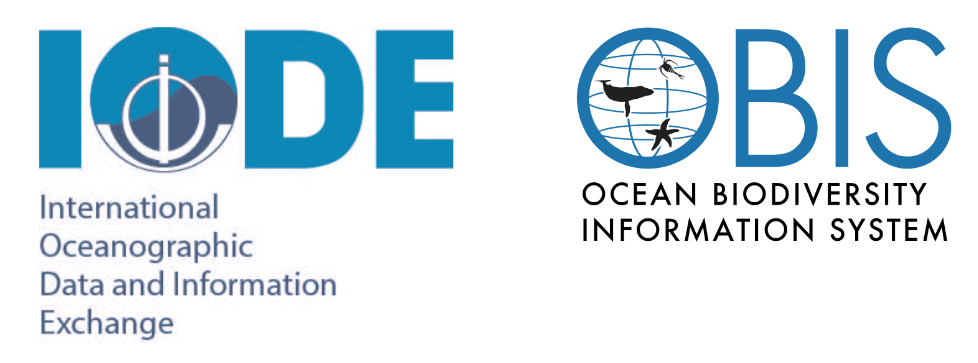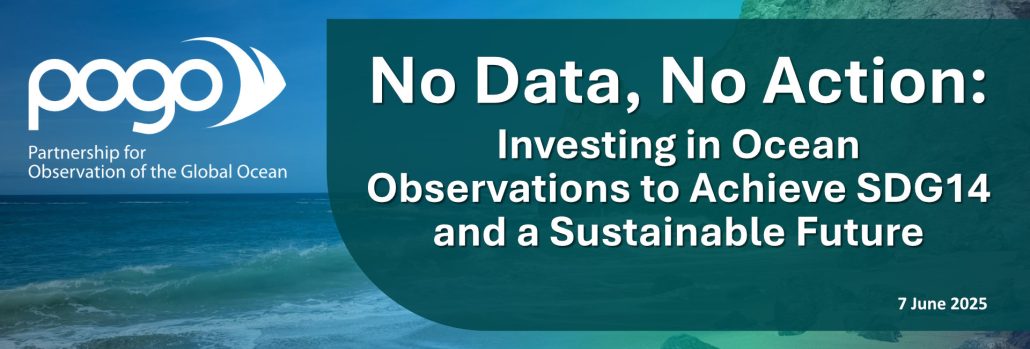
A Statement from POGO:
On 7 June 2025, members of POGO, a global consortium of nearly 60 oceanographic research institutions, will convene in Nice, to discuss the urgent need for sustainably-funded, globally-distributed and well-coordinated ocean observations.
Building the global ocean observing system began more than two decades ago and important advances have been made, particularly in the realm of physical (climate-related) ocean observations. Disappointingly, biological and chemical observations are still lagging behind their physical counterparts: The observing system falls far short of what is needed.
Such observations are critical to achieving SDG14 and to measuring progress against the ambitions set out by the UNFCCC/ Paris Agreement, CBD/ Kunming-Montreal Global Biodiversity Framework, the new BBNJ Agreement, and other conventions and protocols being developed and implemented for the protection of our ocean.
Without sustained ocean monitoring we cannot predict the pace or scale of future warming and assess the efficacy of emissions reductions or evaluate the feasibility of carbon removal methods. These data will be critical in designing effective and achievable Nationally Determined Contributions (NDCs) as well as informing National Adaptation Plans (NAPs) that protect and support communities, marine life, and infrastructure from the growing risk of climate change.
To meet the biodiversity goals outlined in the KMGBF and the 2030 Targets, we must place ocean observations – particularly sustained, globally-coordinated biological observations – at the forefront of our efforts. The Subsidiary Body on Scientific, Technical, and Technological Advice (SBSTTA) recommendations stress that an improved understanding of ecosystem functioning, achieved through sustained ocean observations, is fundamental to conserving marine and coastal biodiversity.
The UN Ocean Conference (UNOC) Declaration rightly draws attention to the full range of ocean pressures (climate change, biodiversity loss, marine pollution, eutrophication, deoxygenation, ocean acidification) and the legal instruments that are being deployed to address these. But highlighting problems and crafting legal solutions is only the beginning. The success of these instruments hinges on our ability to track the state of the ocean and detect changes over time. Alarmingly, there is still very limited data and understanding, particularly for marine biodiversity, pollution and its impacts on ecosystems, and the effects of multiple stressors. In some parts of the world, even data on essential physical parameters are seriously lacking.
The UNOC Declaration also calls for sustainable management of coastal and ocean resources, including fisheries and deep-sea ecosystems. It focuses on coastal hazards, such as sea-level rise and disaster-risk reduction. These priorities all depend on sustained ocean observations that can guide science-based policies, track human impacts on marine life (including fish stocks), and inform early-warning systems to protect lives and livelihoods.
Meeting these urgent needs demands financial commitments to implement, coordinate, and develop capacity for ocean observations, data management, and streamlining of data products for informed decision-making. Observations require strong international partnerships that invest in sustaining existing systems and adding new systems where they do not currently exist, and for biological variables that are not yet been measured.
Ocean observations are not optional. They are the backbone of evidence-based action on climate, biodiversity, disaster resilience, and ultimately sustainable development. The time to invest in these is now, so that no part of the global ocean, or the communities that depend on it, are left behind.
This statement was prepared by the POGO Advocacy WG and issued by the Board of Trustees, on behalf of POGO.
Advocacy Working Group Members:
Margaret Leinen (Scripps) (co-chair)
Katja Matthes (GEOMAR) (co-chair)
Francisco Arias (INVEMAR)
François Houllier (IFREMER)
Takeshi Kawano (JAMSTEC)
Fangli Qiao (FIO)
Kilaparti Ramakrishna (WHOI)
John Siddorn (NOC)
Board of Trustees:
Francisco Arias (INVEMAR) (Chair)
Fei Chai (Xiamen University)
Francisco Chavez (MBARI)
Carmen Paniagua (CICESE)
Olivier Pringault (IRD)
Aileen Tan Shau Hwai (CEMACS)
Yara Rodrigues (IMar)
Anya Waite (OFI)
Download PDF version here: https://zenodo.org/records/17582302
https://doi.org/10.5281/zenodo.17582302
SIGNATORIES
POGO Members representing their institutions

Margaret Leinen, Director
Scripps Institutions of Oceanography, USA

Katja Matthes, Director
GEOMAR Helmholtz Centre for Ocean Research Kiel, Germany
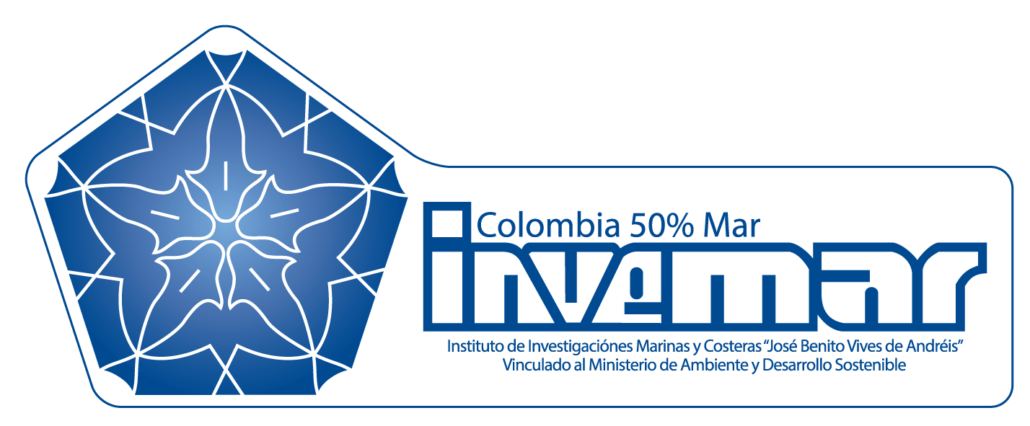
Francisco A. Arias-Isaza, General Director
Marine and Coastal Research Institute – INVEMAR, Colombia
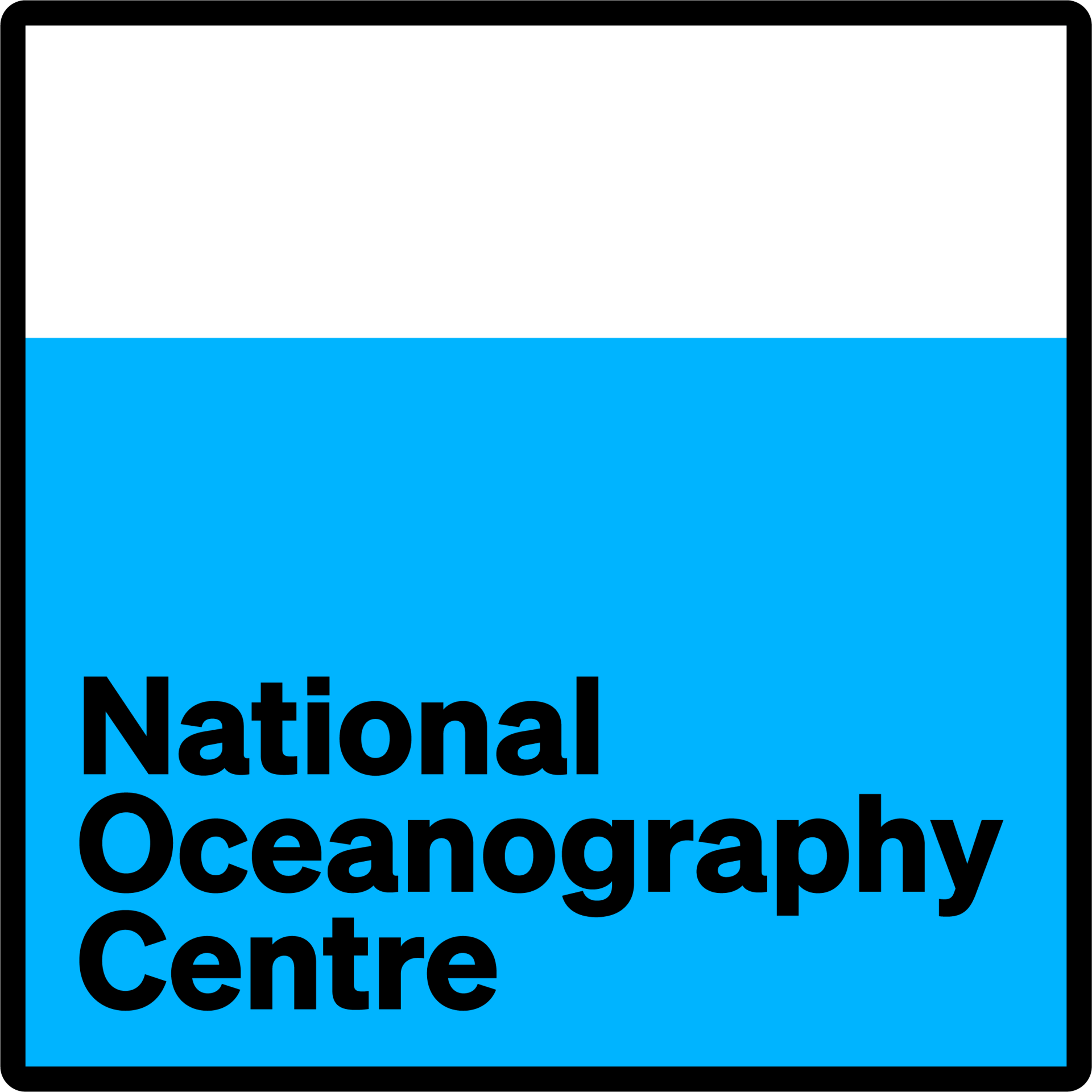
John Siddorn, Chief Executive
National Oceanography Centre, UK

Nicholas J P Owens, Executive Director
Scottish Association for Marine Science, UK

Willie Wilson, Chief Executive
Marine Biological Association, UK

François Houllier, President & CEO
IFREMER, France
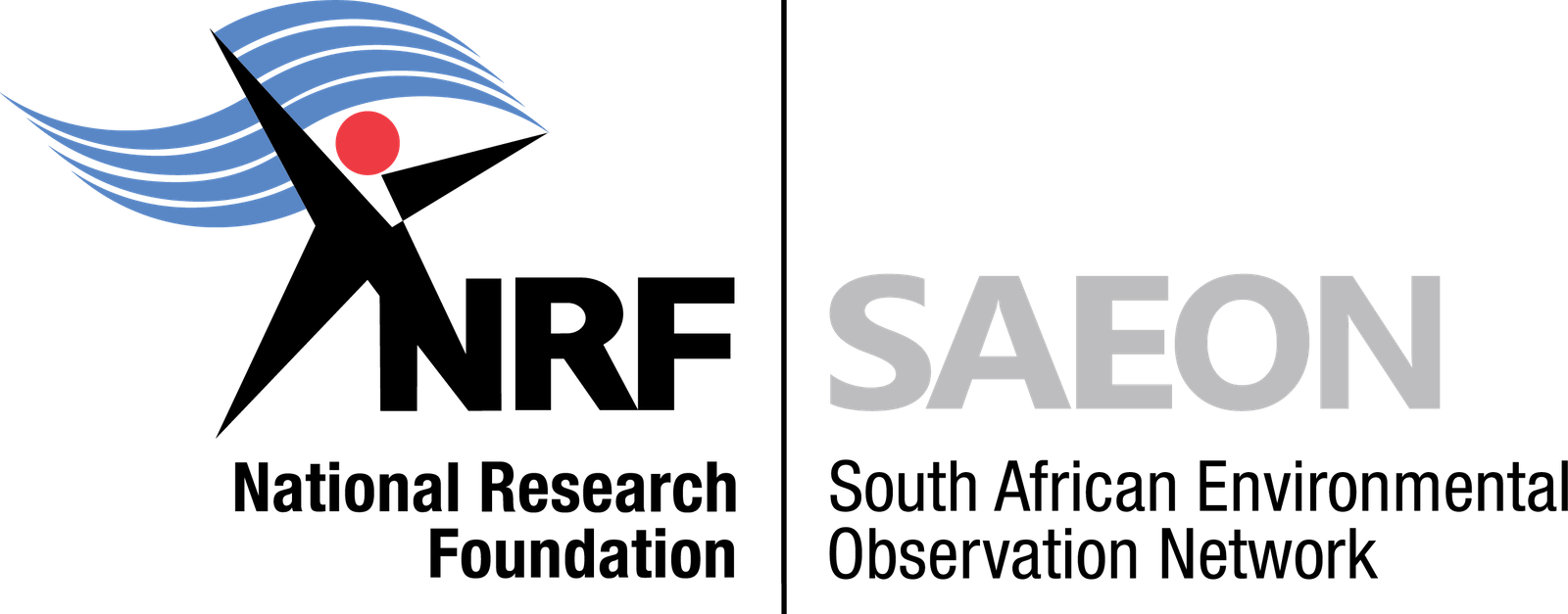
Tamaryn Morris, Ocean and Polar Coordinator
South African Environmental Observation Network, South Africa
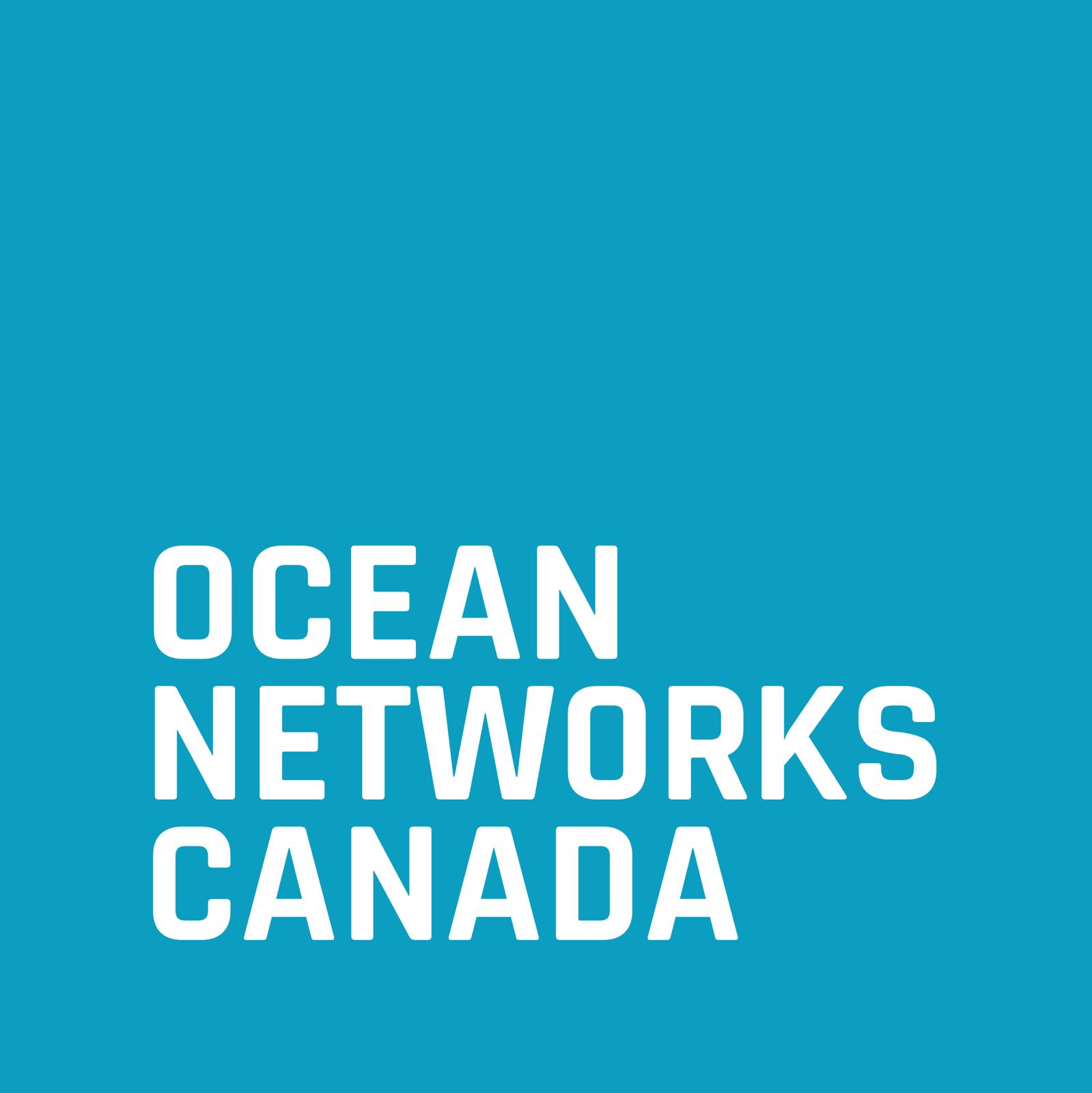
Kate Moran, President and CEO
Ocean Networks Canada, Canada

Marco Marcelli, POGO delegate
Euro-Mediterranean Center on Climate Change (CMCC), Italy



Camila Fernández, Director, Centro Oceanografico COPAS Coastal, UdeC
Representative of Chilean Consortium to POGO, Chile

Icarus Allen, Chief Executive
Plymouth Marine Laboratory, UK

Takeshi Kawano, Executive Director
Japan Agency for Marine-Earth Science and Technology, Japan
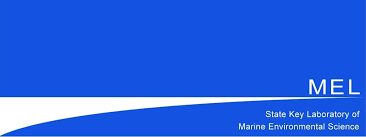
Fei Chai, Chair Professor
State Key Laboratory of Marine Environmental Science (MEL), Xiamen University, China
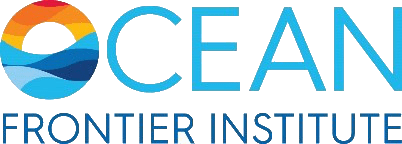
Dr. Anya Waite, Chief Executive Officer and Scientific Director
Ocean Frontier Institute, Canada

Subrata Sarker, Associate Professor and Head, Dept of Oceanography
Shahjalal University of Science and Technology (SUST), Bangladesh

Olivier Pringault, Scientific Director of the Ocean Department
Institut de Recherche Pour le Developpement (IRD), France
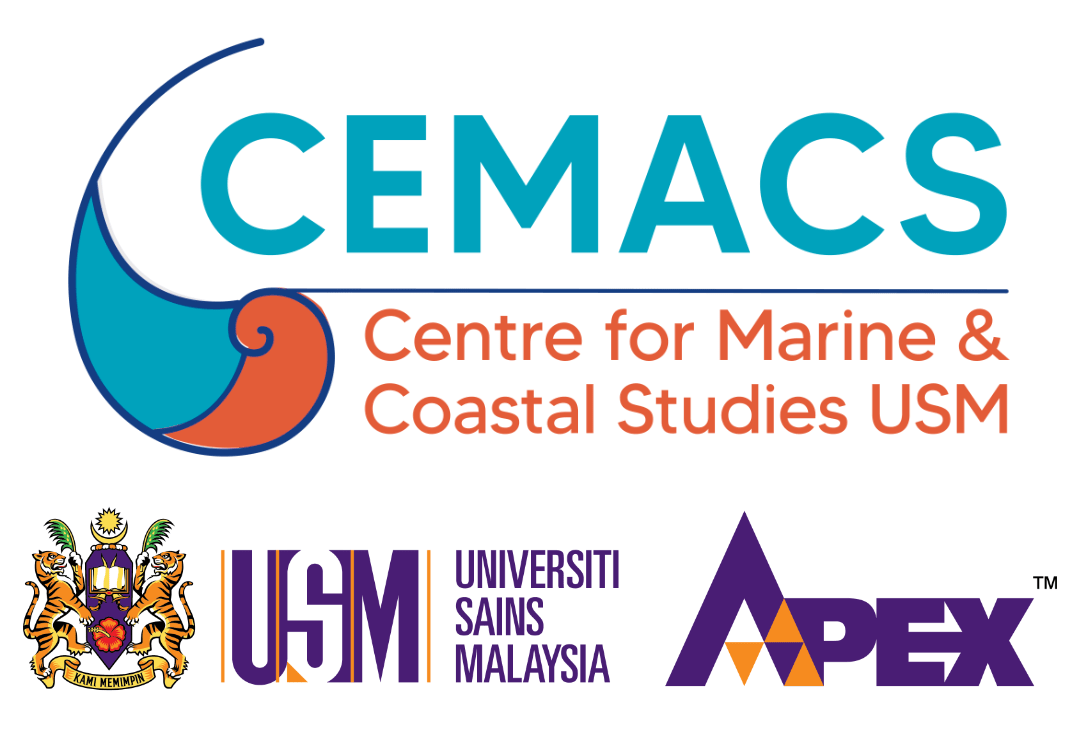
Aileen Tan Shau Hwai, Director
Centre For Marine & Coastal Studies, Universiti Sains Malaysia, Malaysia
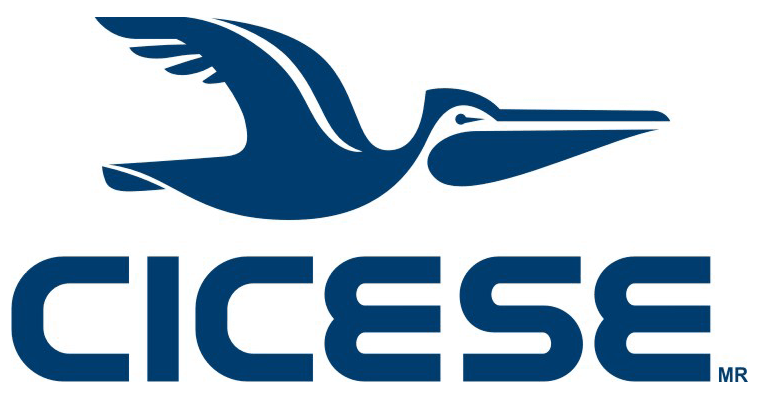
Carmen G. Paniagua, Division Director
CICESE, Mexico

Antje Boetius, President & CEO
Francisco Chavez, Senior Scientist
MBARI, USA

Dr Yara Rodrigues, Executive Member, Directive Board
Instituto do Mar I. P. (IMar), Cabo Verde
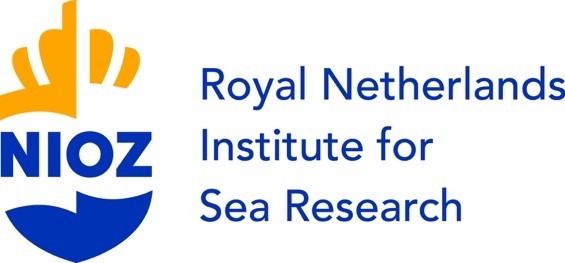
Han Dolman, Director
Royal Netherlands Institute for Sea Research, Netherlands

Jan Mees, General Director
Flanders Marine Institute, Belgium
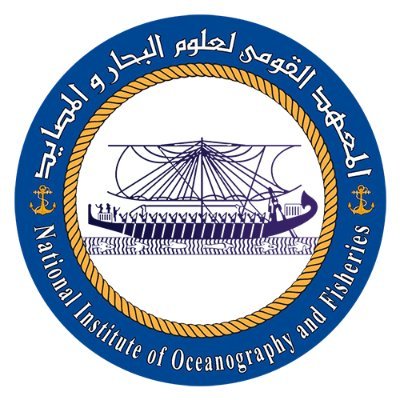
Suzan El-Gharabawy, Vice President
National Institute of Oceanography and Fisheries (NIOF), Egypt

Eric Peterson, CEO
Hakai Institute, Canada
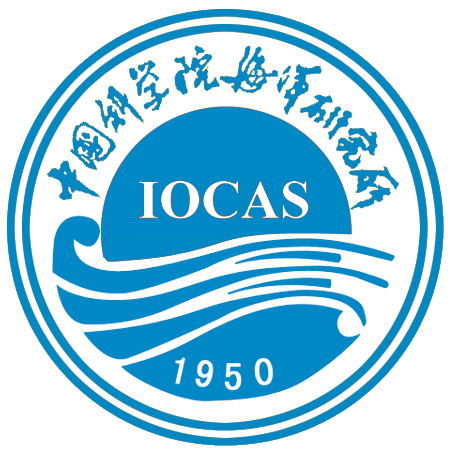
Fan WANG, Director
Institute of Oceanology, Chinese Academy of Sciences (IOCAS), China

Joseph Nkwoji, Main PoC
University of Lagos, Nigeria

Adelino V. M. Canário, President
CCMAR – Centro de Ciências do Mar do Algarve, Portugal

Maarten Boersma, Acting Director
Alfred Wegener Institute Helmholtz Centre for Polar and Marine Research, Germany

Peter de Menocal, President & Director
Woods Hole Oceanographic Institution, USA
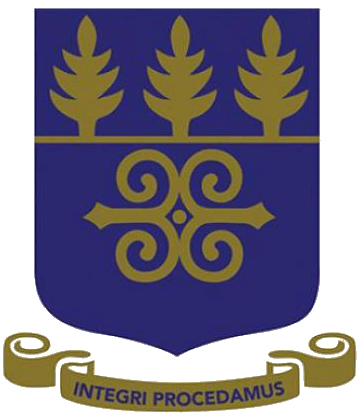
Benjamin Osei Botwe, Head, Department of Marine and Fisheries Sciences
University of Ghana, Ghana
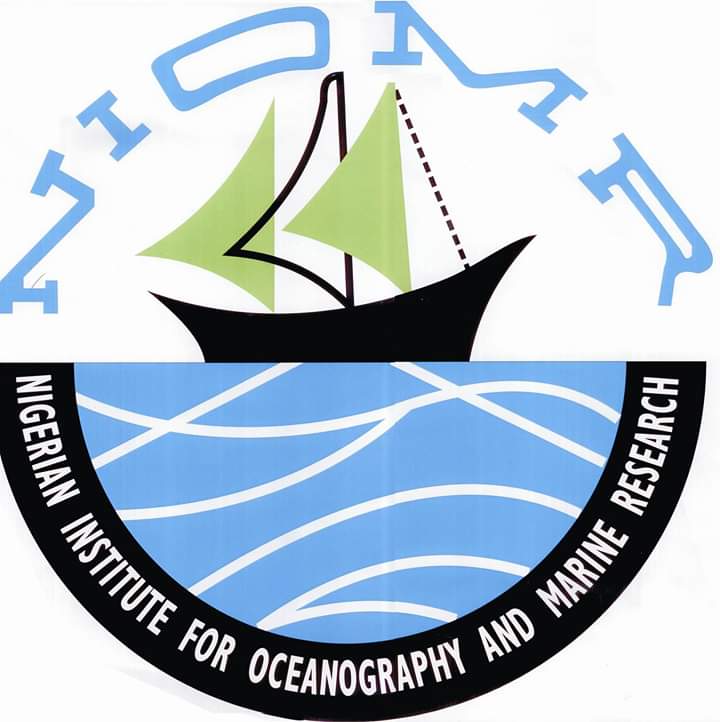
Prof. Abiodun Sule, ED/CEO
Nigerian Institute for Oceanography & Marine Research, Nigeria

Brice Mobio, Laboratory Manager
Centre Universitaire de Recherche et d’Application en Télédétection, Cote D’ivoire

Alvin S. Jueseah, Chairman, Department of Fisheries & Aquaculture Sciences
University of Liberia
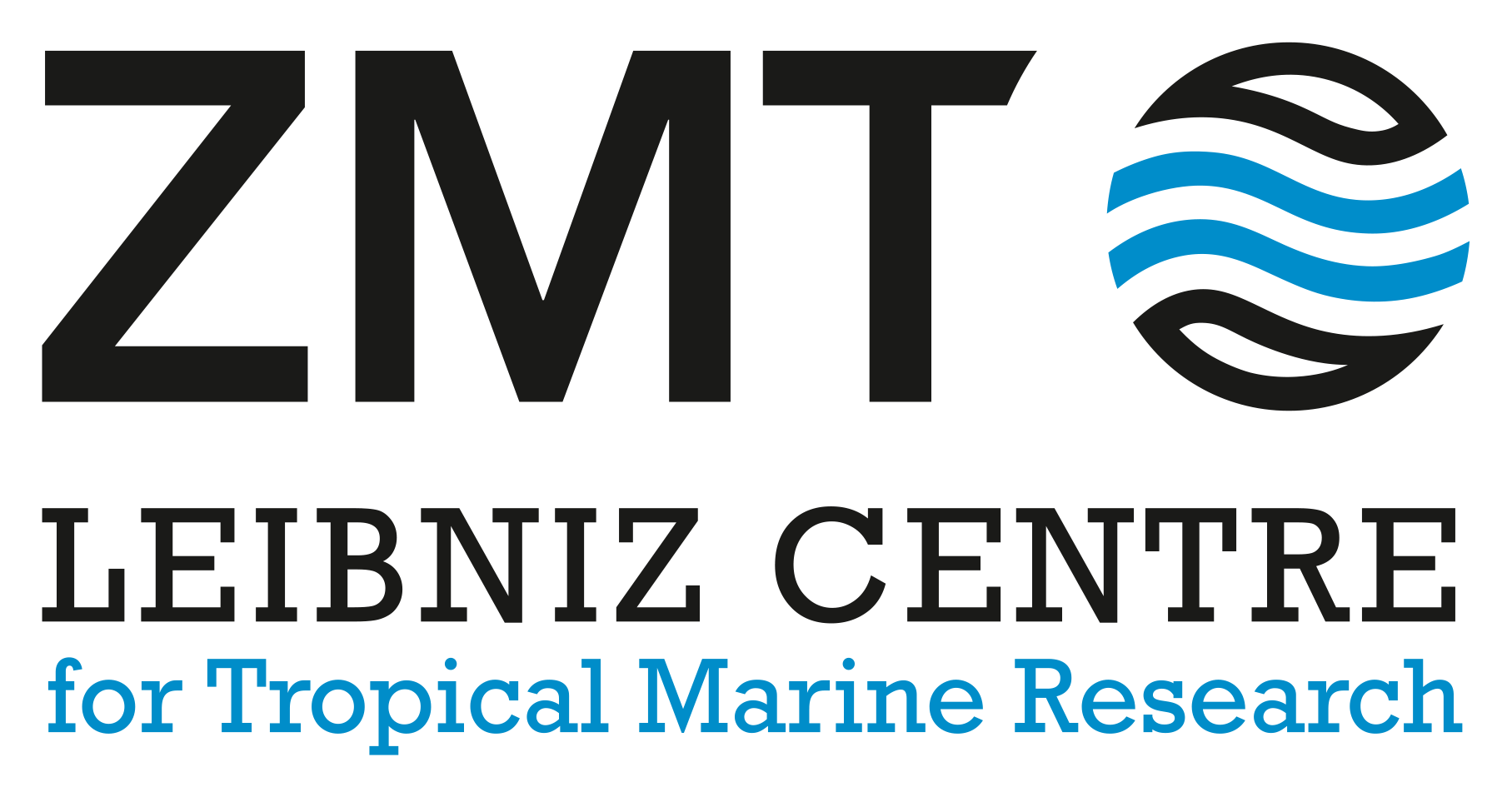
Raimund Bleischwitz, Professor and Scientific Director
Leibniz Centre for Tropical Marine Research, Germany
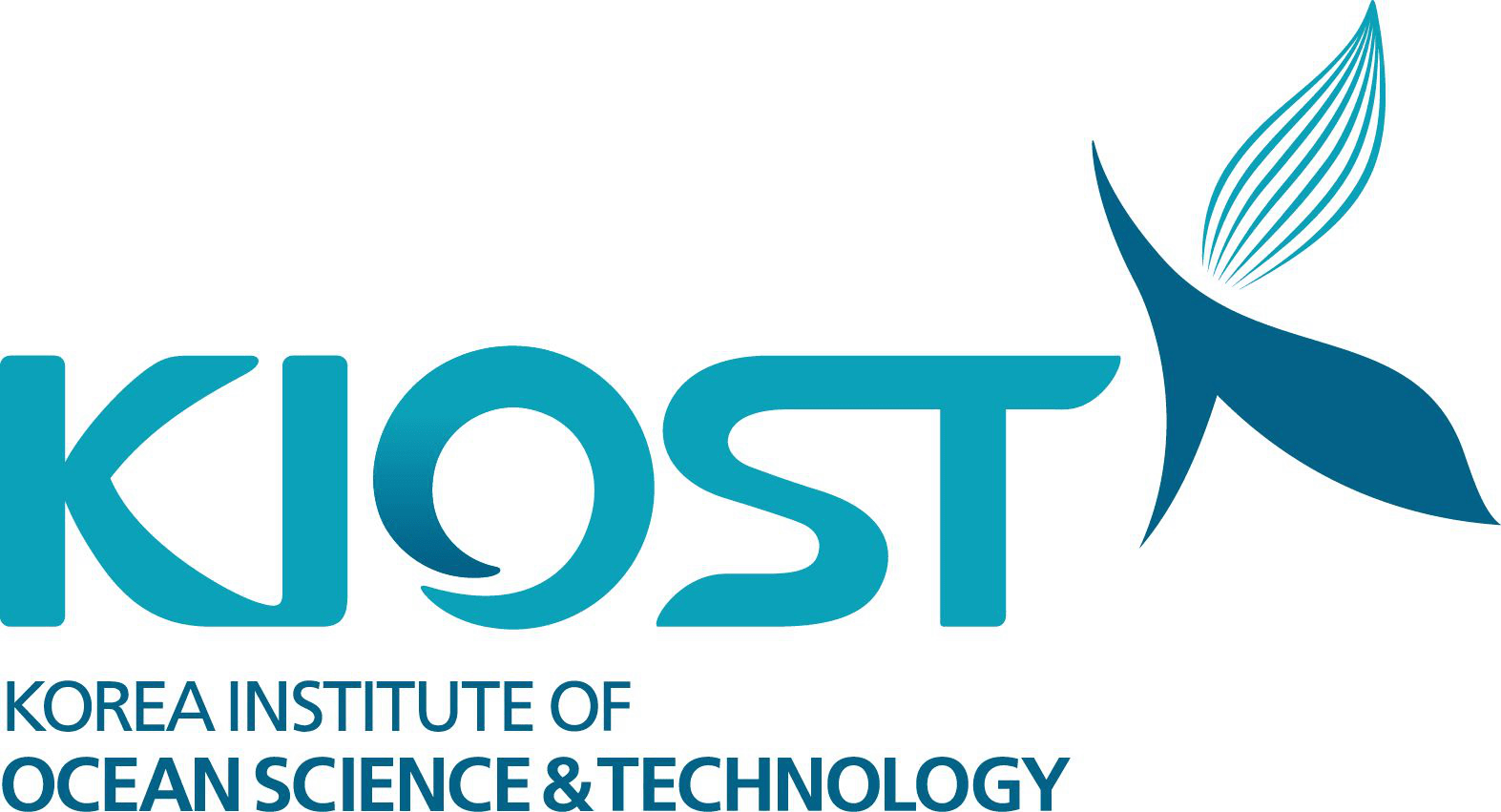
Dr Hyi-Seung LEE, President
Korea Institute of Ocean Science & Technology (KIOST), South Korea

Dr. T. M. Balakrishnan Nair, Director
Indian National Centre for Ocean Information Services (INCOIS), India

Rosa Figueroa, Director of IEO
Spanish Institute of Oceanography, IEO-CSIC, Spain
Representatives of other parties & organisations

Holger Brix, Chair of the EuroGOOS Executive Directors Board
European Global Ocean Observing System (EuroGOOS)

Osvaldo Ulloa, Director
Renato Quiñones,
Oscar Pizarro,
Camila Fernández
Instituto Oceanos Universidad de Concepción Chile

Anne-Sophie Ste-Marie, Director – Coordination Office
Canadian Integrated Ocean Observing System, Canada
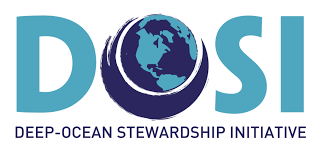
Maria Baker, DOSI Founder and Executive Director, University of Southampton, UK
Lisa Levin, DOSI Founder and Steering Committee Member, Scripps Institution of Oceanography, USA
Elva Escobar, DOSI Founder and Steering Committee Member, Universidad Nacional Autónoma de México, Mexico
Kristina Gjerde, DOSI Founder and Steering Committee Member, International Union for Conservation of Nature, USA
Deep Ocean Stewardship Initiative: DOSI
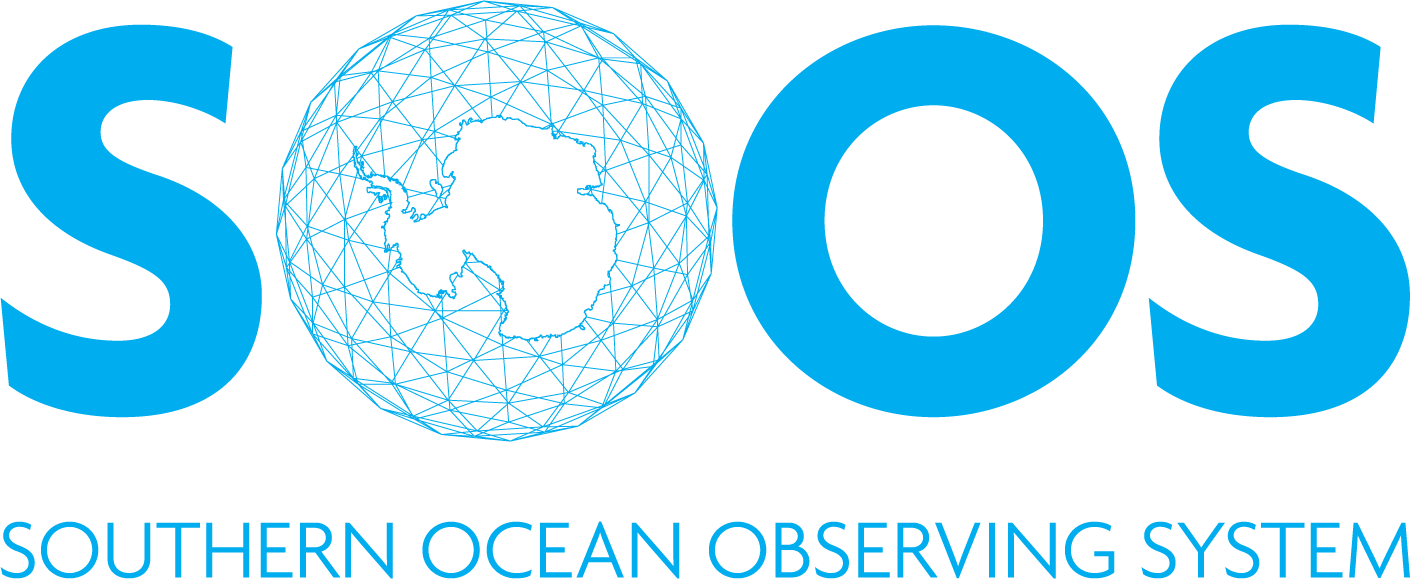
Dr Alyce Hancock, SOOS Executive Officer
Southern Ocean Observing System (SOOS)
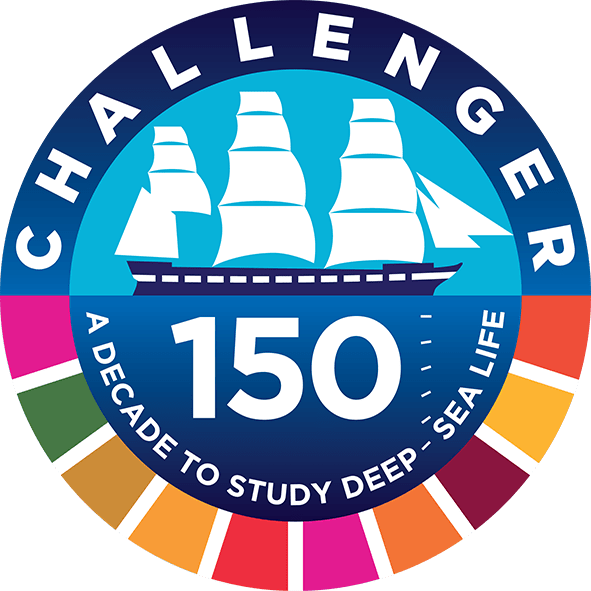
Kerry Howell and Ana Hilario, co-leads
Challenger 150 – A Decade to study deep-sea life
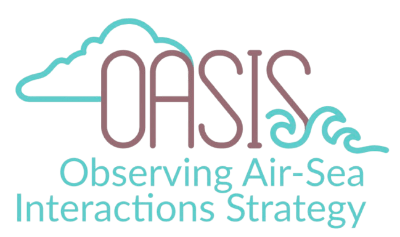
Christa Marandino and Sebastiaan Swart, co-chairs
OASIS – Observing Air-Sea Interactions Strategy
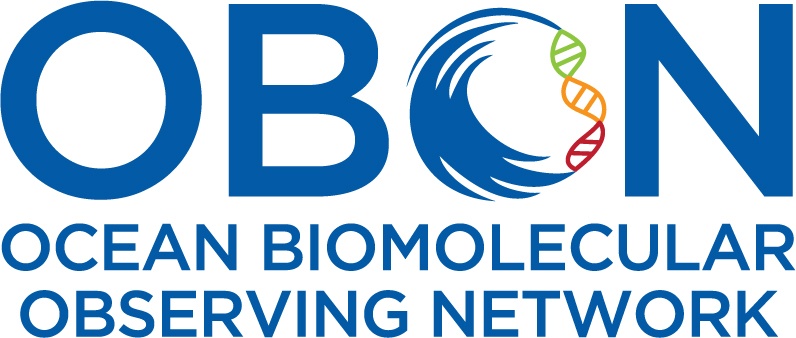
Margaret Leinen, OBON chair
OBON (Ocean Biomolecular Observing Network)
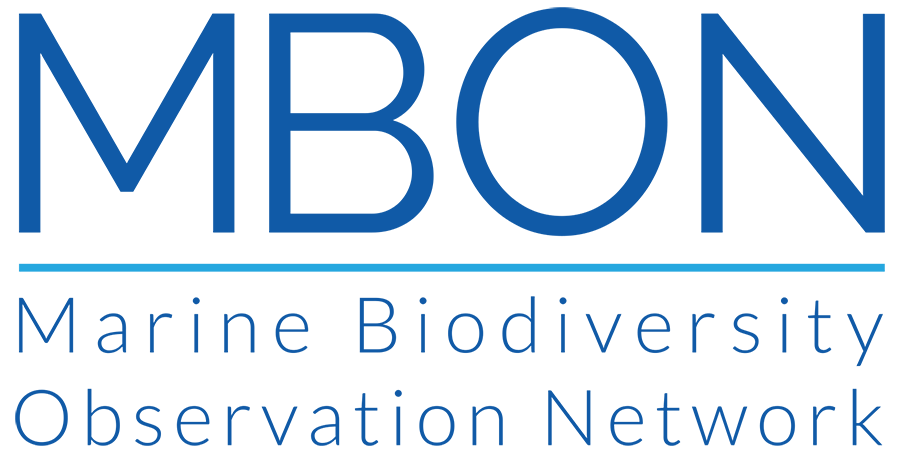
Frank Muller-Karger and Isabel Sousa Pinto, MBON co-chairs
MBON (Marine Biodiversity Observation Network)

Vinicius Tavares KÜTTER, Professor Adjunto
Universidade Federal do Pará, Brasil
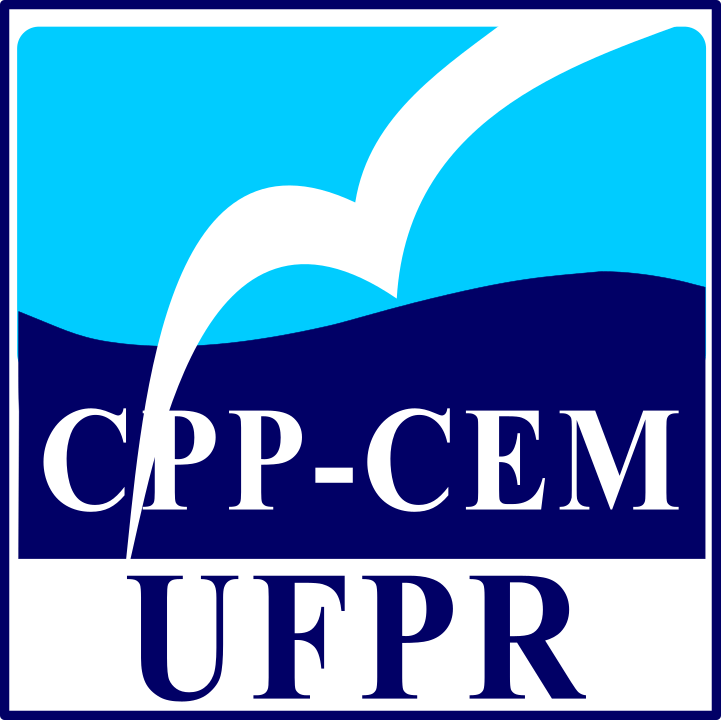
Prof. Dr. José Guilherme Bersano Filho, Diretor
Centro de Estudos do Mar – UFPR

Leslie M. Smith, DOOS Director, Your Ocean Consulting, LLC, USA
Lisa A. Levin, Decade Contact: Deep Ocean Observing Strategy, Scripps Institution of Oceanography, UC San Diego, USA
Deep Ocean Observing Strategy
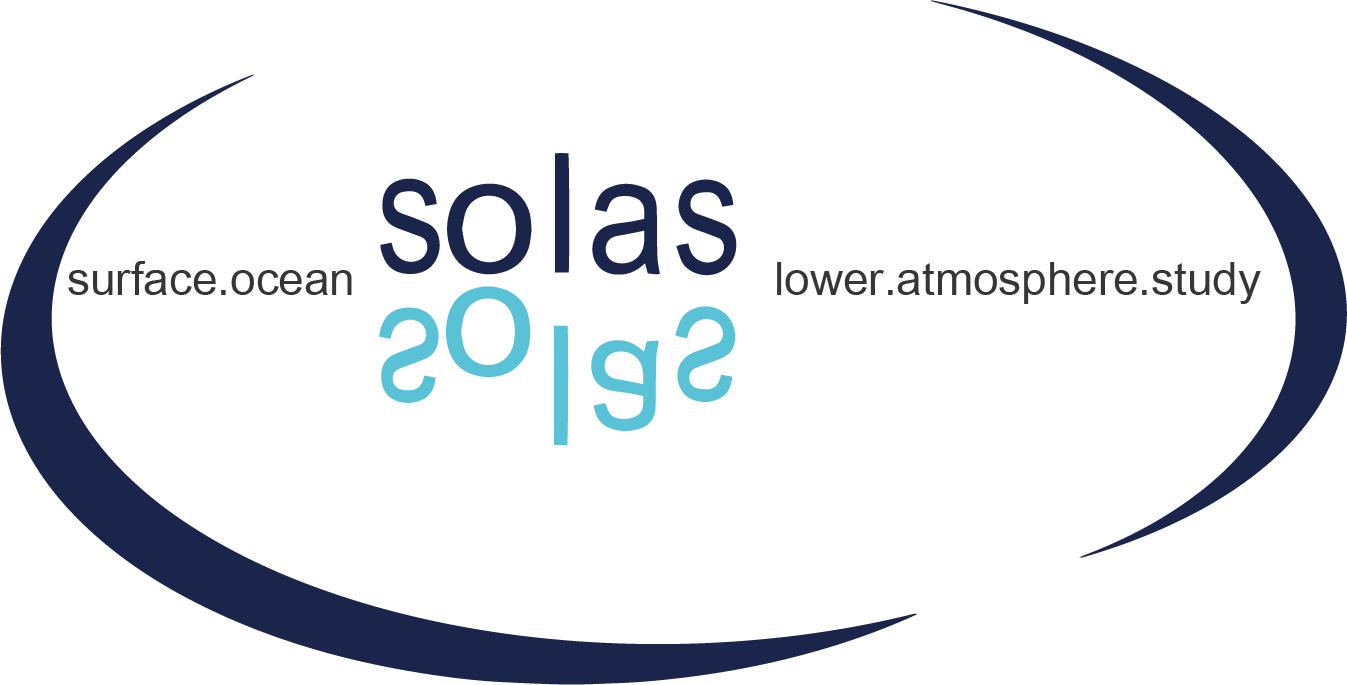
Christa Marandino, SOLAS Co-chair
Li Li, SOLAS Executive Director
Surface Ocean-Lower Atmosphere Study (SOLAS)
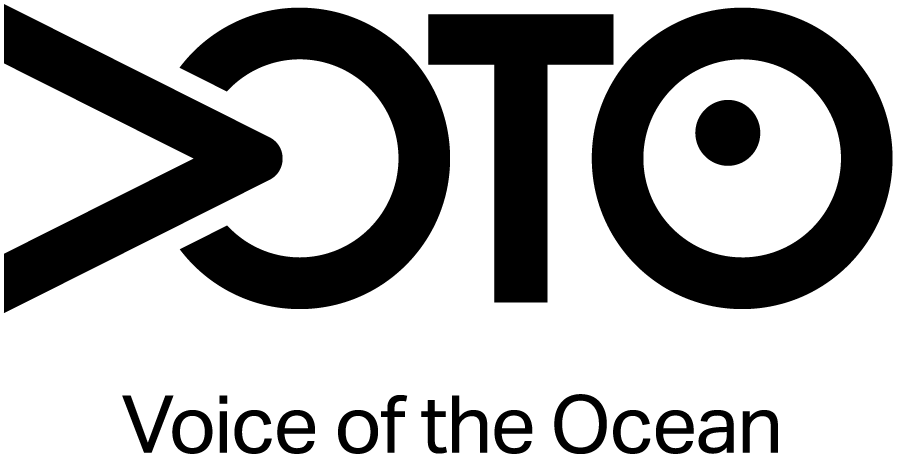
Sanna Thimmig-Johansen, CEO
Louise Biddle, Science Director
Voice of the Ocean (VOTO)

Katsunori Fujikura, Senior Coordinator, Japan OBIS Node (J-OBIS)
Global Oceanographic Data Center (GODAC), JAMSTEC

Sandra de Oliveira e Sá, Executive Director
EurOcean
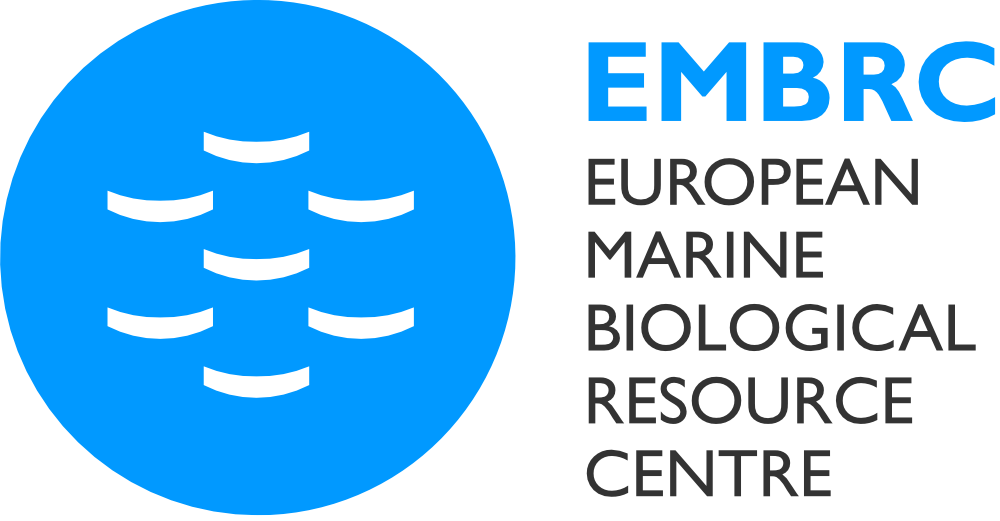
Nicolas Pade, Executive Director
European Marine Biological Resource Centre (EMBRC-ERIC)
Individual signatories (not representing their institutions)
Prof. Dr. Edmo J. D. Campos, Professor Emeritus
Oceanographic Institute – University of São Paulo, Brazil
Prof Howard Roe
Former Director, Southampton Oceanography Centre, and Former Chair, POGO
Prof Elva Escobar
ICML UNAM, Mexico
Prof Camila Domit
Universidade Federal do Paraná, Brazil
Frank Muller-Karger
University of South Florida
Vanda Costa Brotas Gonçalves, Professora Catedrática
Faculdade de Ciências da Universidade de Lisboa e MARE-ARNET
Prof Mauricio Almeida Noernberg
Centro de Estudos do Mar, Universidade Federal do Paraná
Tatiana Der Avedissian, Head of Business Development,
World Ocean Initiative, The Economist Group
Maria Alexandra Anica Teodósio, Professora Catedrática Universidade do Algarve,
Guadiana Lower Estuary Time Series Station Coordinator

